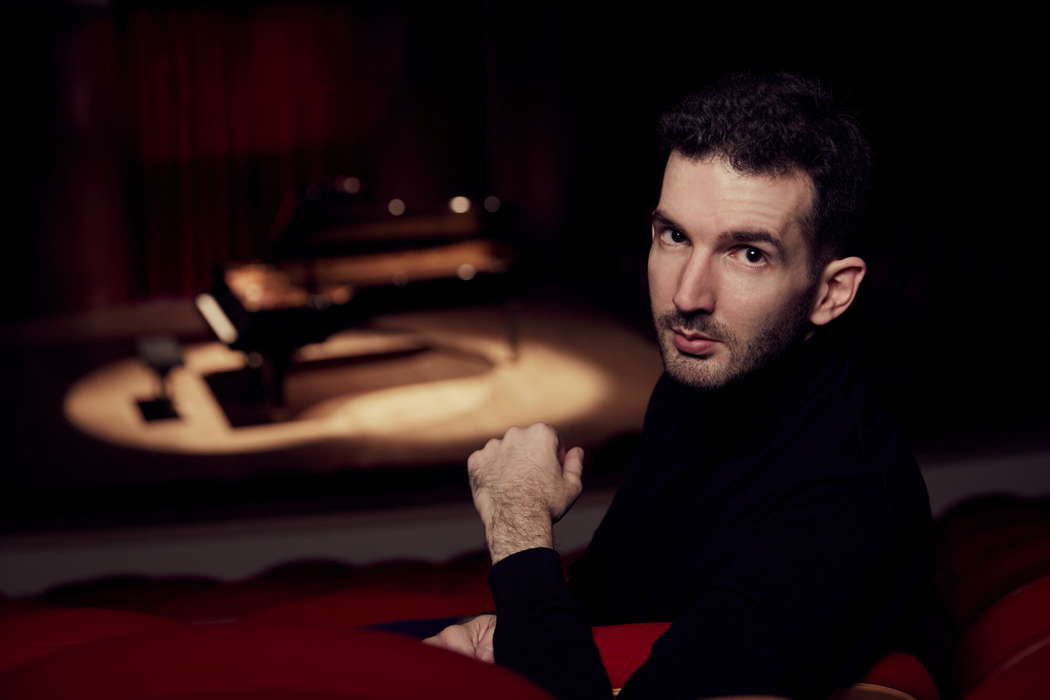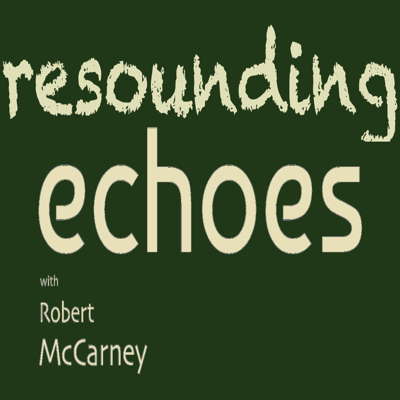- Queensland
- Royal Scottish National Orchestra
- John Williams
- AblazeRecords Pty Ltd
- Rain Worthington
- Robert Ashley
- Alexander Binns
- Caroline Shaw
A Masterly Balance
MIKE WHEELER listens to J S Bach, Liszt and Schubert from Emmanuel Despax
Emmanuel Despax launched the new season of Sunday morning piano recitals at Nottingham's Royal Concert Hall – Nottingham, UK, 10 October 2021 – with an imposing three-part programme.
The Chaconne from J S Bach's solo violin Partita No 2 gets the full treatment in Busoni's celebrated transcription. Despax launched it with a firm statement of intent that resisted the temptation to slip into grandstanding. His control of the dynamic range included some remarkably soft playing, and he found out several little secretive moments, but this was not at the expense of overall shaping. In particular, running inner voices were kept strongly moving, and climactic moments weren't unduly highlighted. The turn from D minor to D major even felt more elegiac than a celebration, which was held back for the affirmative final stages of the piece. The return of the theme at the end was robustly presented, though the last few chords seemed just a touch over-emphatic.

French pianist Emmanuel Despax (born 1984) is based in the UK
Liszt's Ballade No 2 is virtually a study in darkness and light. In his spoken introduction Despax mentioned its association with the Greek myth of Hero and Leander, though the idea doesn't seem to have originated with Liszt himself. The swirling left hand figures at the start had real menace. The second theme could so easily come across as one of Liszt's more sugary confections, but Despax allowed it to be simply radiant and lyrical, a perfect foil for the firmly-projected march-like section that followed. Again, Despax showed his mastery of the delicate touch; the final chord was there but barely perceptible.
Schubert's so-called 'Wanderer' Fantasy, with its four-movements-in-one structure, rooted in a single theme (from his song of that name) made an impact on Liszt, and continued to resonate in other composers' work long afterwards. Liszt even produced his own version for piano and orchestra, but Despax was not tempted to play it like proto-Liszt. As a result, moments that clearly caught Liszt's attention stood out. He was clearly playing a long game, with his steady tempo at the beginning and, again, his particular, but not over-indulgent, attention to the work's lyricism. He built a considerable feeling of suspense as he moved into the second section (or movement, if you prefer), where Schubert comes closest to his chosen theme. The third section had buoyancy and charm but also a driving rhythmic current. In the Trio section, a moment of repetition was made to seem like a questioning preparation for the culminating fugue, which Despax shaped with a masterly balance of restraint and powerful movement.
Copyright © 21 October 2021
Mike Wheeler,
Derby UK

MORE NOTTINGHAM ROYAL CONCERT HALL ARTICLES




